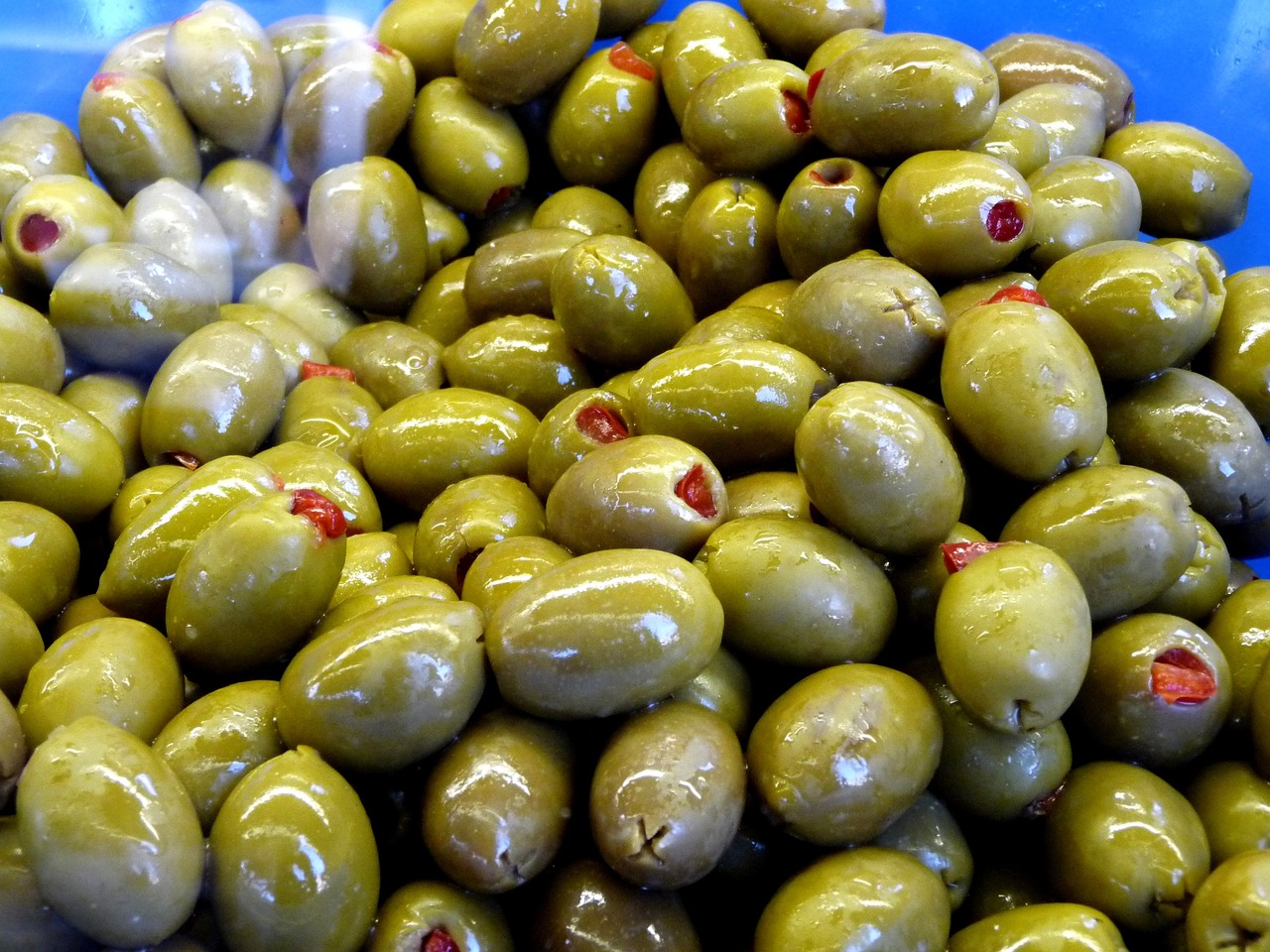Regulatory Landscape for Biosimilars: Global Perspectives: Betbook250.com, 11xplay, Yolo 247
betbook250.com, 11xplay, yolo 247: Biosimilars have emerged as an essential part of the pharmaceutical landscape, offering cost-effective alternatives to expensive biologic drugs. With the increasing demand for biosimilars, regulatory bodies around the world have developed guidelines to ensure the safety, efficacy, and quality of these products. In this article, we will explore the regulatory landscape for biosimilars from a global perspective.
1. United States
The United States Food and Drug Administration (FDA) has a dedicated regulatory pathway for the approval of biosimilars. Biosimilar manufacturers must demonstrate that their product is highly similar to the reference product in terms of structure, function, and efficacy. The FDA has approved several biosimilars in recent years, paving the way for increased competition in the biologics market.
2. European Union
The European Medicines Agency (EMA) has been at the forefront of biosimilar regulation in the European Union. The EMA has established strict guidelines for the evaluation and approval of biosimilars, ensuring that these products meet the same standards of quality, safety, and efficacy as the reference biologic. The EU has seen significant uptake of biosimilars, leading to cost savings and increased patient access to biologic therapies.
3. Japan
Japan has also implemented a regulatory framework for biosimilars, overseen by the Pharmaceuticals and Medical Devices Agency (PMDA). Similar to the US and EU, biosimilar manufacturers in Japan must conduct rigorous comparability studies to demonstrate the similarity of their product to the reference biologic. The Japanese market for biosimilars has been growing steadily, with several products receiving approval in recent years.
4. South Korea
South Korea has emerged as a key player in the biosimilars market, with the Korean Ministry of Food and Drug Safety (MFDS) regulating the approval and marketing of these products. The Korean regulatory authorities have adopted a science-based approach to biosimilar evaluation, focusing on demonstrating biosimilarity through comprehensive analytical and clinical studies. South Korea has seen rapid adoption of biosimilars, particularly in the treatment of chronic diseases.
5. India
India has a growing biosimilars market, with the Central Drugs Standard Control Organization (CDSCO) overseeing the approval of these products. Indian biosimilar manufacturers have been successful in developing and commercializing biosimilars for domestic and international markets. The regulatory environment in India is evolving to align with international guidelines, facilitating the growth of the biosimilars industry.
6. Brazil
Brazil has established regulations for the approval of biosimilars through the National Health Surveillance Agency (ANVISA). Biosimilar manufacturers in Brazil must adhere to stringent requirements for product quality, safety, and efficacy. The Brazilian biosimilars market is expanding, driven by increasing demand for affordable biologic therapies.
FAQs
Q: What are biosimilars?
A: Biosimilars are biologic products that are highly similar to an approved reference biologic, with no clinically meaningful differences in terms of safety, efficacy, and quality.
Q: How are biosimilars different from generic drugs?
A: Biosimilars are not identical to the reference biologic, unlike generic drugs which are exact copies of their branded counterparts. Biosimilars undergo a rigorous comparability process to demonstrate similarity to the reference product.
Q: Are biosimilars safe and effective?
A: Yes, biosimilars have been shown to be safe and effective through clinical trials and real-world experience. Regulatory agencies require biosimilars to meet stringent standards before approval.
In conclusion, the regulatory landscape for biosimilars varies across countries, with each region implementing guidelines to ensure the quality and safety of these products. Global collaboration and harmonization of regulations are essential to foster the development and uptake of biosimilars, benefiting patients, healthcare providers, and healthcare systems worldwide.







